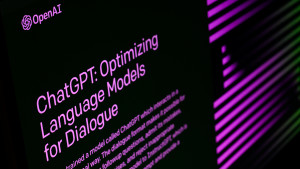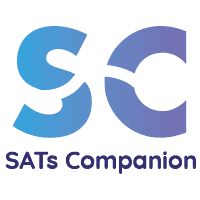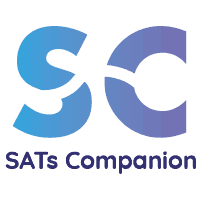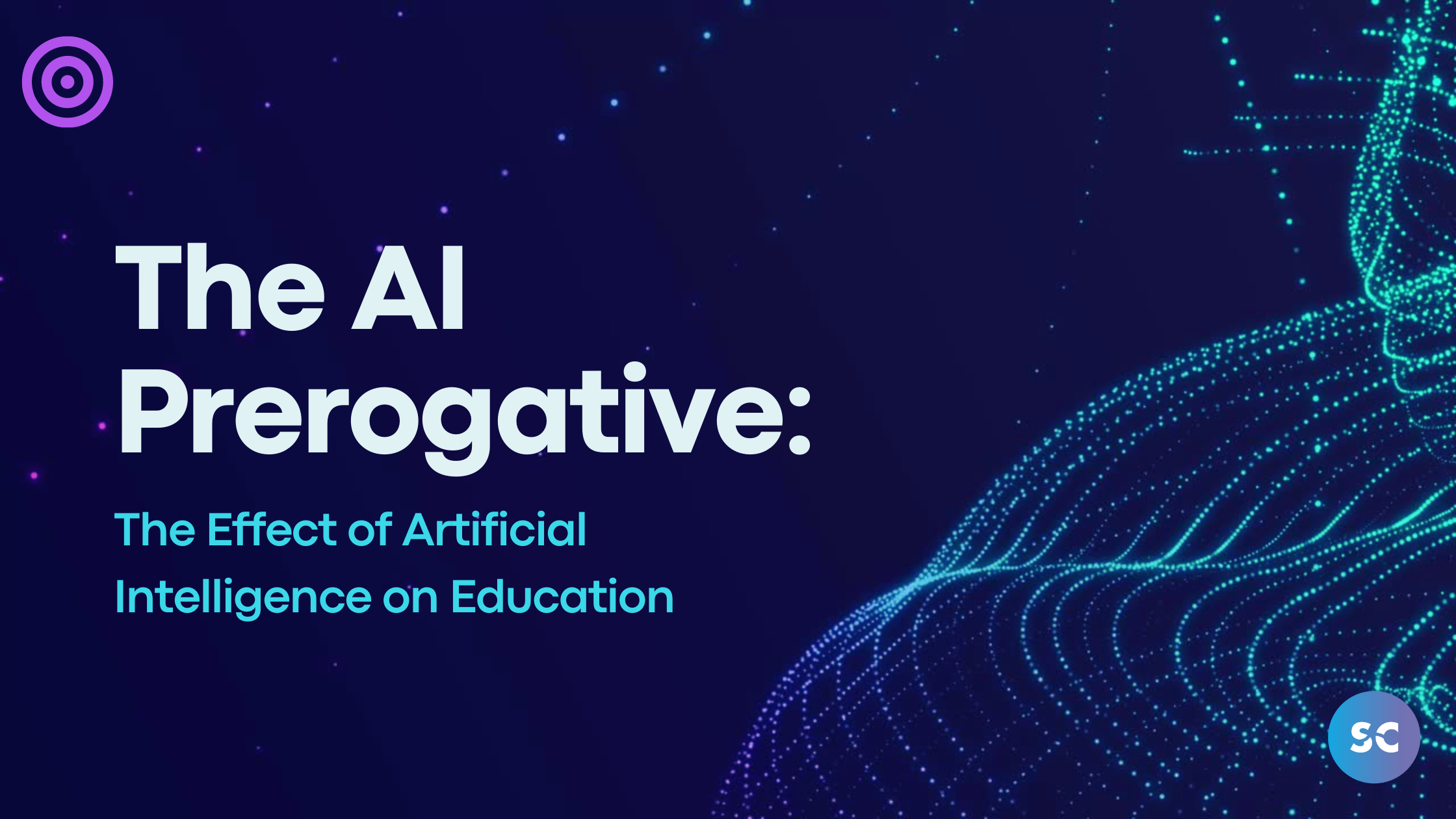The AI Prerogative: The Effect of Artificial Intelligence on Education
It’s 6 pm on a Friday. It’s been a long and exhausting day teaching at school. You’re cosying up on the sofa with a cup of tea about to switch on the telly, but terror strikes as you remember the 30 viridian maths books, piled up on the table waiting to be marked. It’s every teacher’s nightmare. But what if there was a way to alleviate this burden altogether? We’re talking instant marking – personalised analytics and tailored guidance for each pupil at the click of a button. Would you be interested or prod at it with scepticism?
AI is no doubt making its mark on the world. From space exploration to disease control, music to art – the way we see and interact with the world is being redefined by AI, and the education sector is no exception. There have been mixed reactions to the implementation of AI in the classroom. With some arguing it deduces the crucial elements of socialising in learning. However, others boast it’s many advantages. Rose Luckin, a UCL professor, and co-founder of the Institute for Ethical AI in Education spoke to the financial times:
 “The real power that AI brings to education is connecting our learning intelligently, to make us smarter in the way we understand ourselves, the world and how we learn. For the first time, we will be able to extend, develop and measure the complexity of human intelligence — an intellect that is more sophisticated than any AI. This will revolutionise the way we think about human intelligence.”
“The real power that AI brings to education is connecting our learning intelligently, to make us smarter in the way we understand ourselves, the world and how we learn. For the first time, we will be able to extend, develop and measure the complexity of human intelligence — an intellect that is more sophisticated than any AI. This will revolutionise the way we think about human intelligence.”
What does Artificial Intelligence mean for Education?
Teachers have been sceptical of AI and what it means for education – and understandably so. What are the advantages and disadvantages of AI. What does it really mean for teachers and students? Currently, teachers in the U.K. are under incredible pressure – the workload is intense, teacher-to-student ratios in most classrooms are less than ideal and the impact of the COVID-19 pandemic on education is ongoing. As a result, teachers are overworked, burnt out and tired. What AI offers is to cut teacher workload in half. This means less time marking and trying to deduct the needs of each child in the class and more time actually teaching.
AI can act as a virtual assistant to every pupil in class, with the ability to instantly mark their work, analyse their progress and create personalised learning plans in seconds. Educational AI boasts features such as tailored learning, adaptive learning, instant feedback, and plagiarism detection. These tools aim to reduce the time teachers invest in planning and marking and allowing them to shift focus on being at the front of the class, teaching. These claims are supported by research suggesting AI helps students stay motivated and engaged which leads to improved academic performance.
AI and Special Needs
Additionally, artificial intelligence can provide much-needed support for students with special needs. Research highlights AI as one of the most valuable applications in the field of special educational needs. Some AI tools geared toward SEN students are found to enhance the way children interact with their environment. This is found to not only promote learning, but also contributes toward enhancing their daily life. As well as its learning advantages for SEN students, AI is also found to play a part in accurately diagnosing autism, speech impairment, and dyslexia.

The advantages are seemingly endless, and sound almost too good to be true. With its sudden dramatic onset with no lack of media attention and buzz phrases, some teachers are wondering if AI is just a fad. One of its many criticisms is reducing students’ need to think critically, articulate themselves and communicate with fears of AI questioning the need to interact with human beings. The controversial hard launch of OpenAI’s latest chatbot, ChatGPT, has sparked some interesting discussion around AI and education. Some teachers are choosing to embrace it and are looking for ways to integrate it into the classroom, whereas others see it as a gateway for cheating. Some fear it’ll make students reliant on technology, disincentivizing them from nurturing their own skills.
Where do you stand?
Whether you lie on one side of the debate or the other, the AI revolution is here and happening. Are you going to embrace it, introduce it into your classroom with restrictions or reject it entirely? No matter your stance, it is important to view learning as a holistic experience. It is not only exclusively characterised by academia and curricula. Learning is the process of nurturing young minds, of the cultivation of empathy, connectivity and communication – and whether AI is ever going to perfect these uniquely human traits, only time will tell.




Leave A Comment
You must be logged in to post a comment.